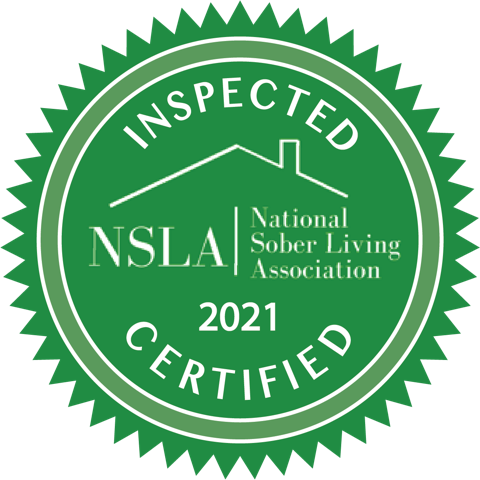Though everyone in addiction recovery works to maintain a sober lifestyle free from the harmful physical effects of drinking and drug use, some people lose sight of the emotional part of the equation. In early sobriety, the tide of sensations that come to the fore can catch you off balance. All the feelings you haven’t fully dealt with might pop up unexpectedly, alongside any new emotions that emerge in your process of getting clean.
For people accustomed to masking complex emotions with harmful chemicals, learning healthy ways to process their feelings is often a significant hurdle.
The Value of Identifying Your Feelings
During active addiction, numbness can become your daily norm. People who drink or take drugs to help them deal with realities that are otherwise painful or uncomfortable to confront become experts at dulling their feelings, instead of confronting and handling them as they arise. Becoming emotionally sober means learning how to reconnect with your emotions and allowing yourself to fully feel them again.
Physical sobriety means learning to live without drugs and alcohol. Though it can present several roadblocks, the path itself is relatively straightforward. Processing your emotions can be more challenging because it involves the ability to identify and recognize your feelings, particularly those connected to substance abuse.
Achieving Emotional Sobriety
Well-rounded addiction treatment programs have a significant emotional component. Learning to control your feelings can help you be present in the moment, find your true self and access all your emotions, regardless of whether those are positive or negative.
While emotional sobriety means something slightly different for everyone in recovery, it generally boils down to:
- Accepting reality as it is
- Controlling what you can and letting go of the rest
- Not worrying about what might happen in the future
Personal responsibility is an overarching theme of the 12 steps. When you view recovery through that lens, you can understand the importance of working through complex emotions like shame, guilt and grief.
Find Your Emotional Center
If you achieve physical sobriety without confronting your feelings, you are putting yourself at higher risk of a relapse. Accepting that addiction recovery is a lifelong process can help shift your focus. Though you may experience occasional setbacks, stick to the goals of living day by day and maintaining control of your emotions. Give yourself permission to embrace whatever you are feeling without judgment.
At Still Waters, we’ve developed a unique healing approach based on the concept of fellowship and spirituality found in 12-step principles. When you join our community, you’ll never feel alone on your journey. Accountability with your continuing care plan, sober fellowship, family involvement and extended support services provide a firm foundation for a healthy, fulfilling life in recovery, equipping you with tools that will benefit you for the long term. Contact us today to learn more about whether you are a good fit for our community.





